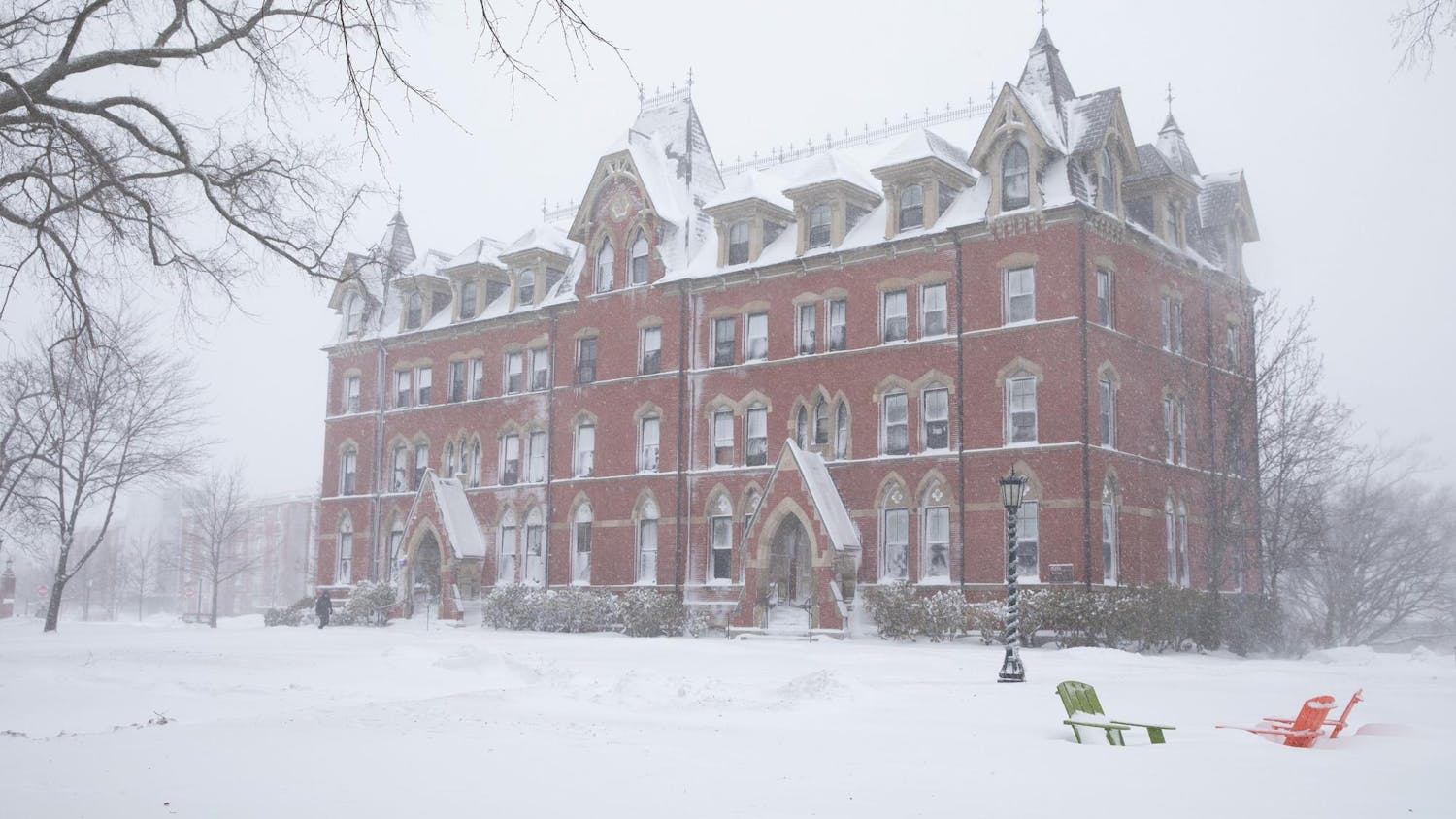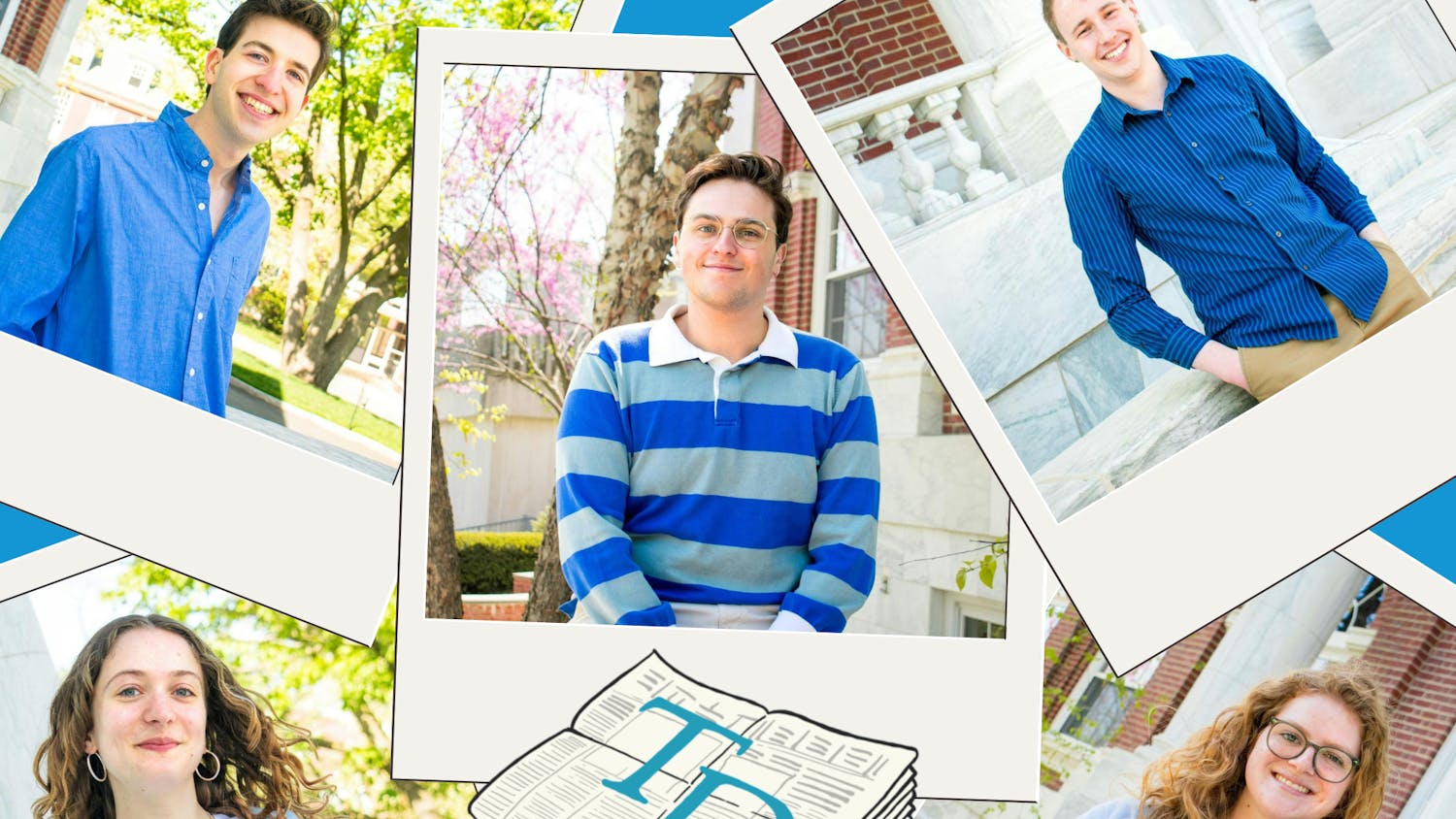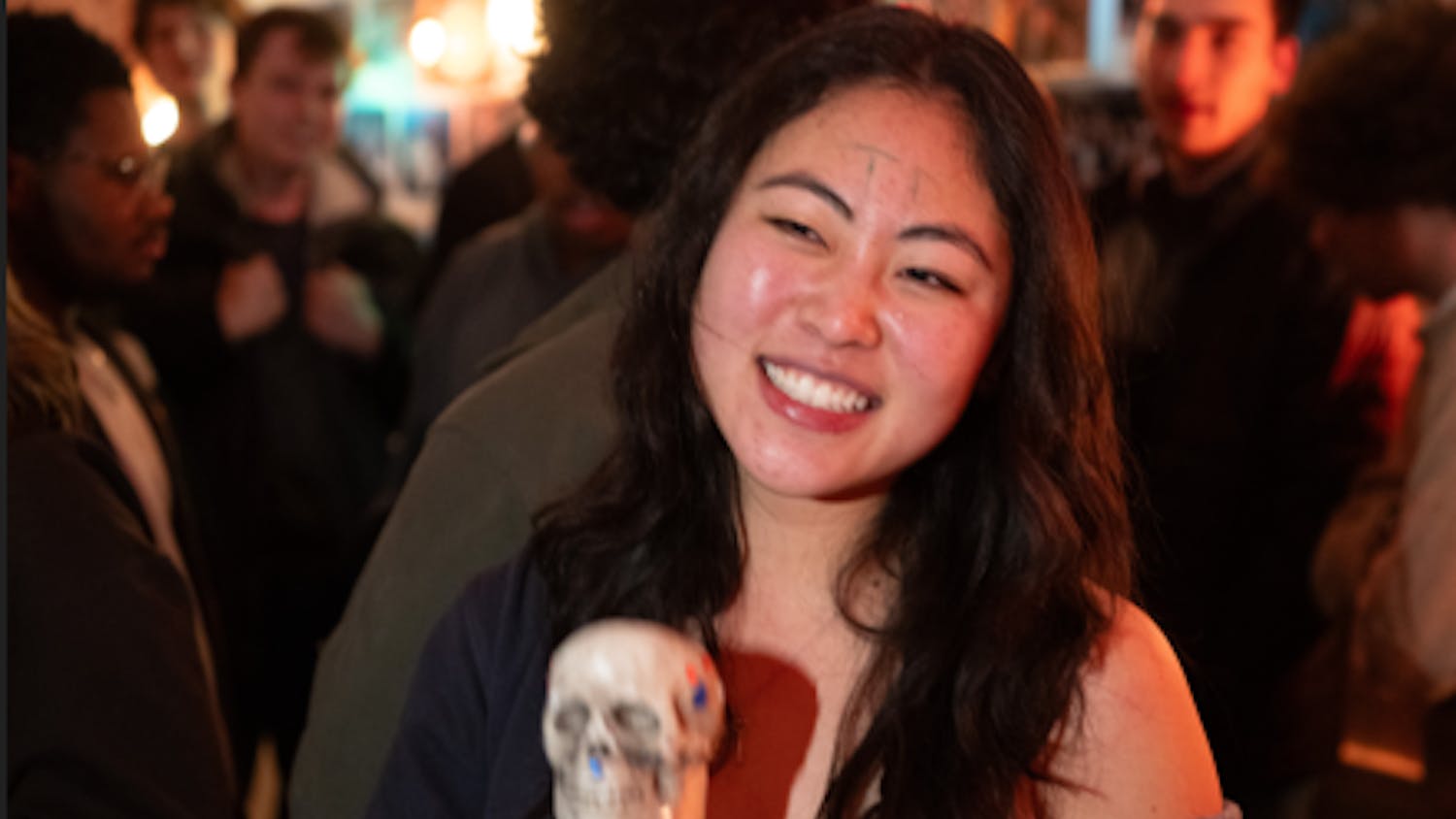Tufts announced on July 21 that it will disband the Institute for Global Leadership. The institute, founded in 1999, supports global education and scholarship through 28 program offerings, including student-led clubs, international exchange programs, research opportunities and alumni mentoring. The news came as a shock to IGL students and alumni, who have since mounted a campaign urging the university to reverse its decision.
Rather than being housed within a particular school or college, the IGL was conceived as a “cross-school program of the university” with a mission of preparing students to be engaged global citizens.
Caroline Genco, provost and senior vice president ad interim,attributed the decision to close the institute to “a mission that overlapped with other university entities, difficulty growing enrollment, insufficient infrastructure and marketing resources due to its lack of an academic ‘home,’ and additional issues around funding predictability and governance,” in a written statement to the Daily.
All Tufts centers and institutes are required to undergo a review process by the provost’s office every five years. Genco led the regularly-scheduled review of the IGL which ultimately resulted in its disbanding.
Some IGL programs — including its flagship course, Education for Public Inquiry and International Citizenship, and the Alliance Linking Leaders in Education and the Services, a student organization that works to improve civilian-military relations — will be moved to the Jonathan M. Tisch College of Civic Life.
“We appreciate what IGL has contributed to the university over the years,” Genco wrote to the Daily. “However, the university and higher education in general have evolved significantly since IGL’s inception … At the same time, Tisch College has grown in stature and resources over time, and now has the academic oversight, infrastructure and network needed to support and grow the type of programming that IGL had delivered.”
Following the announcement, Maria Figueroa Kupcu (A’93) and Jennifer Selendy (A’90), the chair and vice-chair of the IGL’s advisory board, criticized the decision in an email to fellow IGL alumni.
“While we wholeheartedly agree that IGL needs institutional support and have advocated that position fiercely for many years, we do not believe that these decisions are in the best interest of IGL’s unique pedagogical model,” Figueroa Kupcu and Selendy wrote.
Abi Williams (F’86, F’87), the current director of the IGL, will teach the EPIIC symposium this fall according to the July 21 announcement. Genco declined to comment on whether Heather Barry, the associate director of the IGL who has worked for the university for more than 30 years, will remain at Tufts in another position. Barry did not respond to the Daily’s interview request.
Carolina Hidalgo-McCabe, a Tisch Summer Fellow and Tisch Scholar who is also active within the IGL, said that institutional backing by Heather Barry and the IGL have been essential to EPIIC and ALLIES’ success. McCabe believes that moving those programs to Tisch College and dissolving the IGL itself will be damaging to students for whom the institute has been a source of academic and professional enrichment.
“All of a sudden, these two things that have been my homes on campus are being put together in a way that I think is doing a lot of harm to what the IGL's mission is,” Hidalgo-McCabe, a rising senior, said. “[The IGL] is, for me, the central place for international relations students at this university … the pedagogy of it is so unique, and to be dismantling it and to be taking away the club part of it and to be disrupting the alumni network which is so powerful, which makes the IGL so unique … that's where I see it's doing a lot of harm.”
Carlos Irisarri (A’21), a current student at the Fletcher School who was active in the IGL as an undergraduate, said that unlike Tisch College, the IGL is fundamentally student-led.
“All of the clubs [in] the IGL, they have all been … founded by students [and] organized by students. The funding has been raised by students,” Irisarri said. “At the end of the day, the people who are losing the most from this [are] obviously future students that are not going to have the chances that we had.”
Alongside its course offerings and clubs, the IGL has an expansive alumni network that connects students with internships, job opportunities, research positions and mentorships. The IGL’s external advisory board, a group of alumni and scholars who offer guidance and monetary support to current students, will also be disbanded.
Leaders of clubs that rely on IGL funding, such as Women in International Relations and the South Asian Regional Committee, are unsure if they will be able to operate without the IGL’s support. Gowri Kashyap, the president of SARC, told the Daily that the future of her club is “uncertain,” as all of its funding comes from the IGL.
“The success of our club has been because the IGL believes in us, and there's no other space on campus that allows students to do this much research and really explore their academic interest in South Asia,” Kashyap, a rising junior, said. “Without the IGL, we lose our money.”
Ashley Jones-Flores, a rising junior and the co-president of Women in IR, said that while her club would be able to survive without the IGL, “our capacities are going to be lowered and our programming is going to be cut short.”
In the weeks following the announcement that the IGL would be disbanded, hundreds of students and alumni penned letters to Genco, University President Anthony Monaco, Chairman of the Board of Trustees Peter Dolan and Vice-Chair Jeffrey Moslow, praising Barry’s leadership within the IGL and urging them to revisit the decision.
The Office of the Provost has sent identical emails in response to several of the letters. “[T]hough we recognize there is disagreement about our decision … We are confident that Tisch College, whose mission is so aligned with that of IGL, is the right home for this work,” the responses read.
Elizabeth Herman (A’10), who took EPIIC as an undergraduate and mentored students through the IGL, has been active in organizing alumni support for the institute.
“We're shocked and sad, because [the IGL] is a beloved institution and an institution that's really about the people and the community,” Herman said. “So for the community not to be involved in that decision feels like a big letdown.”
For Hidalgo-McCabe, the IGL offered a unique community space that can’t be replicated elsewhere at Tufts.
“It's incumbent on the university to create spaces where students can come together and connect on shared passions,” she said. “Instead, Tufts has decided to disband this space of community.”






